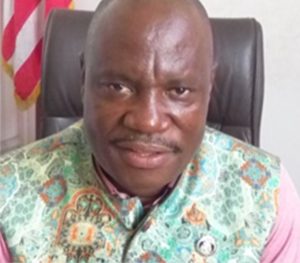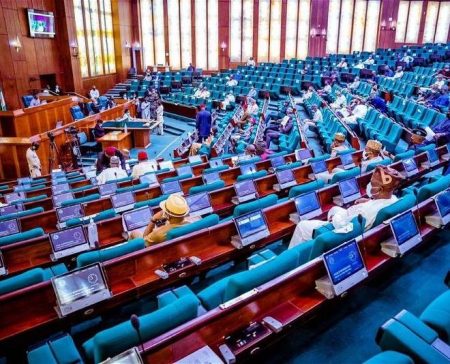The Niger Delta Power Holding Company (NDPHC), a critical player in Nigeria’s power sector, faces significant financial and operational challenges that hinder its ability to contribute effectively to the national grid. A staggering debt of nearly N600 billion, owed by the Nigeria Bulk Electricity Trading Plc (NBET) and other bilateral entities, has crippled the company’s financial stability and hampered its ability to invest in maintenance and upgrades. This substantial debt burden, coupled with low electricity uptake from the market, has created a precarious financial situation for NDPHC, placing it in a difficult position to fulfill its mandate of providing stable electricity to Nigerians.
Despite these financial constraints, the new management of NDPHC has made commendable strides in reviving several previously defunct turbine units across various power plants, adding 625 megawatts (MW) to the national grid. However, a substantial amount of generating capacity, approximately 2,000 MW, remains stranded or underutilized due to a confluence of factors. These include constraints in the transmission network, limitations in gas supply and transportation, and a significant reduction in offtake by distribution companies (DisCos). This “stranded capacity” represents a significant loss of potential power generation that could alleviate Nigeria’s chronic electricity shortages.
The challenges faced by NDPHC’s National Integrated Power Project (NIPP) plants are multifaceted. A major concern is the lack of monetization for ancillary services provided to stabilize the power grid. NIPP plants are frequently called upon by the system operator to perform primary frequency response, a crucial function for maintaining grid stability. However, these services, which involve starting up and shutting down plants at the system operator’s discretion, are not compensated, leading to low capacity utilization and increased operational stress on the generating units. This unpaid service further strains NDPHC’s financial position and disincentivizes optimal power generation.
Furthermore, NDPHC’s operations are constrained by limitations within the electricity market itself. The company is often subject to restrictions imposed by the grid code due to inadequate transmission grid availability and low demand from the downstream electricity market. While the Minister of Power is actively addressing the transmission grid challenges, the fundamental issue of low demand persists. Power generation is inherently demand-driven, and without sufficient offtake by DisCos, NDPHC’s plants cannot operate at full capacity. Even when demand surges, inadequate dispatch corridors or wheeling capacity through the grid network further hinder the efficient distribution of generated power.
Despite these obstacles, NDPHC has demonstrated a commitment to improving the power infrastructure. It has invested over N500 billion in transmission projects, including transformers, substations, and transmission lines, ultimately benefiting the Transmission Company of Nigeria (TCN). The company is also working to resolve the gas supply metering dispute that led to the shutdown of the Alaoji Power Plant, with plans to restore its functionality by the end of the year. These proactive efforts highlight NDPHC’s commitment to improving power generation and transmission despite the challenges it faces.
A major impediment to NDPHC’s financial viability is the lack of a Power Purchase Agreement (PPA) with NBET. Despite several attempts, NDPHC has been unable to secure a PPA, which would improve its dispatch priority and ensure a steady revenue stream. This absence of a PPA places NDPHC in the lowest priority for dispatch, further exacerbating the issue of stranded capacity. The company’s large fleet of generating units, the largest in the sector, remains significantly underutilized due to these combined challenges. To address this, NDPHC is leveraging a recent order by the Nigerian Electricity Regulatory Commission (NERC) that allows for bilateral agreements, enabling the company to sell its stranded power directly to eligible customers. This strategic move aims to commercialize the untapped capacity and improve the company’s financial standing. This direct supply approach is considered a crucial step towards unlocking the stranded energy and maximizing NDPHC’s contribution to the national grid. Despite the significant challenges, NDPHC remains committed to its mission of providing reliable power to Nigeria, continually seeking innovative solutions to overcome the obstacles it faces.









![Oyo State Claims Victory in Hockey and Abula at [Competition Name]](https://westafrican.news/wp-content/uploads/2025/05/Oyo-450x257.jpg)




